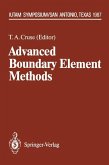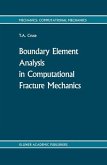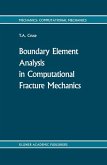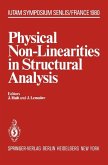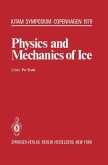The Boundary Integral Equation (BIE) or the Boundary Element Method is now well established as an efficient and accurate numerical technique for engineering problems. This book presents the application of this technique to axisymmetric engineering problems, where the geometry and applied loads are symmetrical about an axis of rotation. Emphasis is placed on using isoparametric quadratic elements which exhibit excellent modelling capabilities. Efficient numerical integration schemes are also presented in detail. Unlike the Finite Element Method (FEM), the BIE adaptation to axisymmetric problems is not a straightforward modification of the two or three-dimensional formulations. Two approaches can be used; either a purely axisymmetric approach based on assuming a ring of load, or, alternatively, integrating the three-dimensional fundamental solution of a point load around the axis of rotational symmetry. Throughout this ~ook, both approaches are used and are shown to arrive at identi cal solutions. The book starts with axisymmetric potential problems and extends the formulation to elasticity, thermoelasticity, centrifugal and fracture mechanics problems. The accuracy of the formulation is demonstrated by solving several practical engineering problems and comparing the BIE solution to analytical or other numerical methods such as the FEM. This book provides a foundation for further research into axisymmetric prob lems, such as elastoplasticity, contact, time-dependent and creep prob lems.
Bitte wählen Sie Ihr Anliegen aus.
Rechnungen
Retourenschein anfordern
Bestellstatus
Storno




